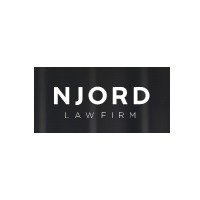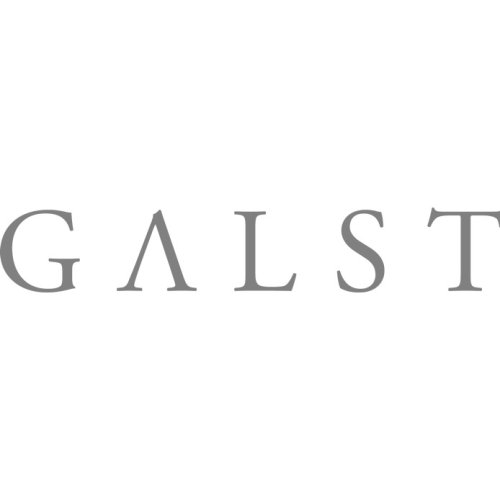Best Bankruptcy Lawyers in Copenhagen
Share your needs with us, get contacted by law firms.
Free. Takes 2 min.
List of the best lawyers in Copenhagen, Denmark
About Bankruptcy Law in Copenhagen, Denmark:
Bankruptcy law in Copenhagen, Denmark, comprises a set of rules and procedures set out by the Danish Bankruptcy Act. This Act can declare a company or an individual insolvent if they cannot meet their financial obligations. Bankruptcy proceedings are usually court-administered and aim to ensure an equitable distribution of the debtor's assets among creditors. Creditors may include suppliers, banks, the state (for taxes), and employees (for unpaid wages).
Why You May Need a Lawyer:
If you are facing financial difficulties and are unable to repay your debts, a bankruptcy lawyer can guide you through the complex process of declaring bankruptcy. Lawyers provide advice on bankruptcy options, help with legal paperwork, represent you in court, and negotiate with creditors on your behalf. Additionally, businesses seeking to restructure their debts or individuals wanting to protect their assets may need a lawyer's guidance to utilize bankruptcy provisions effectively.
Local Laws Overview:
The Danish Bankruptcy Act establishes how insolvency proceedings are undertaken. Key aspects relevant to Copenhagen include: a debtor can be declared bankrupt if they are insolvent and cannot meet their financial obligations; while businesses can opt for reorganization instead of dissolution, individuals can apply for a debt relief scheme. After bankruptcy declaration, an estate in bankruptcy is created and controlled by a trustee appointed by the court. Creditors will have to file a proof of claim to secure their interests. Also, the law obligates bankrupt individuals to take part in compulsory debt counselling.
Frequently Asked Questions:
1. Can all debts be cleared in bankruptcy?
No. Certain debts such as child support, alimony, and some tax debts cannot be discharged in bankruptcy.
2. What is the difference between bankruptcy and reorganization?
Bankruptcy usually involves liquidating the debtor's assets to pay off creditors. In contrast, reorganization involves restructuring debts to allow the debtor to function while repaying creditors over time.
3. How long does a bankruptcy process take?
The duration varies depending on the complexity of the case and whether it’s a complete bankruptcy or a reorganization. Typically, it may take from a few months to several years.
4. Will I lose all my property if I file for bankruptcy?
Not necessarily. Certain assets, such as specified personal items and pension benefits, might be exempted from the liquidation process.
5. What happens after bankruptcy?
After bankruptcy, you will most likely be discharged of your debts. However, your credit rating will be affected, and the bankruptcy will be visible in your credit history for several years.
Additional Resources:
Helpful resources include the Danish Courts website for official information, and the Consumer Council of Denmark for consumer-centric advice. Additionally, The Danish Debt Collection Agency provides comprehensive information about debt collection procedure.
Next Steps:
If you need legal assistance with bankruptcy in Copenhagen, consider consulting with an experienced lawyer. Make sure to gather all relevant financial documents before your consultation. Remember, the sooner you seek help, the better you can manage your situation.
Lawzana helps you find the best lawyers and law firms in Copenhagen through a curated and pre-screened list of qualified legal professionals. Our platform offers rankings and detailed profiles of attorneys and law firms, allowing you to compare based on practice areas, including Bankruptcy, experience, and client feedback.
Each profile includes a description of the firm's areas of practice, client reviews, team members and partners, year of establishment, spoken languages, office locations, contact information, social media presence, and any published articles or resources. Most firms on our platform speak English and are experienced in both local and international legal matters.
Get a quote from top-rated law firms in Copenhagen, Denmark — quickly, securely, and without unnecessary hassle.
Disclaimer:
The information provided on this page is for general informational purposes only and does not constitute legal advice. While we strive to ensure the accuracy and relevance of the content, legal information may change over time, and interpretations of the law can vary. You should always consult with a qualified legal professional for advice specific to your situation.
We disclaim all liability for actions taken or not taken based on the content of this page. If you believe any information is incorrect or outdated, please contact us, and we will review and update it where appropriate.
















